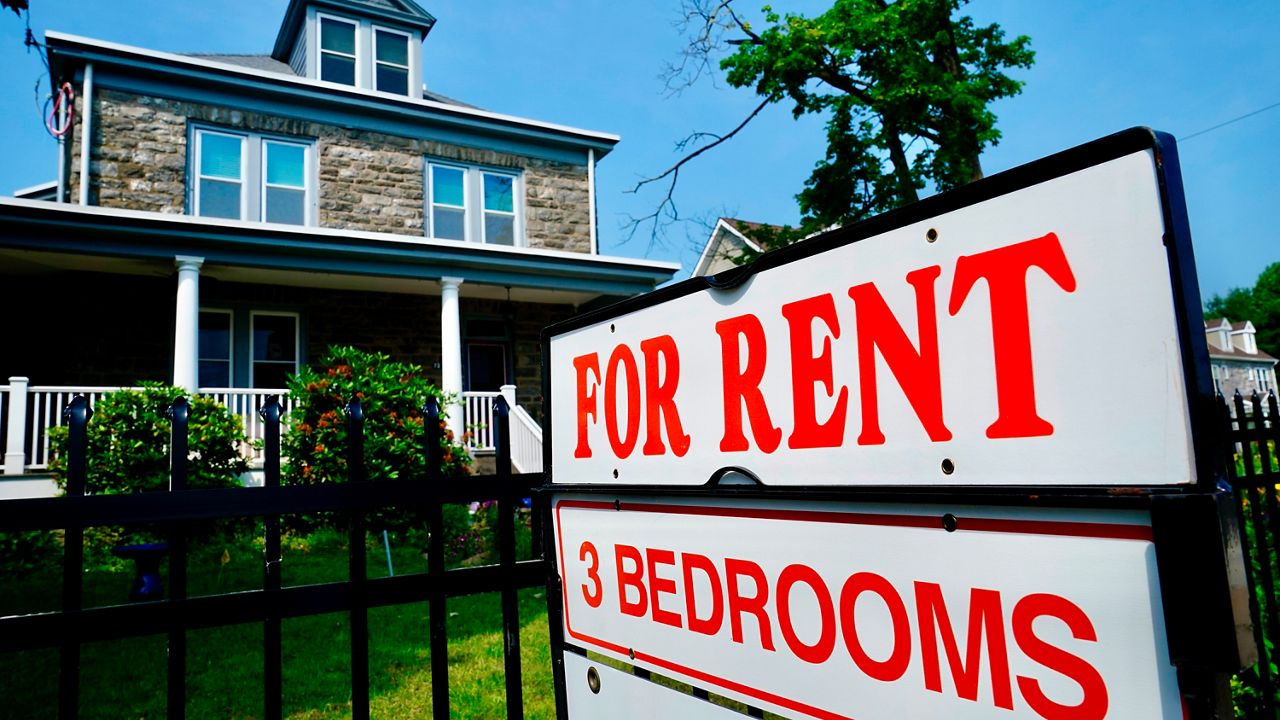Many Black families can afford homes but are stuck being renters because they lack access to credit, according to a new report released Monday by the real estate website Zillow.
The report found that monthly mortgage payments for many families would be lower than rent, even with mortgage rates at 22-year highs.
“Lack of credit access keeps people in a cycle of paying more in rent than they would pay each month for a mortgage on that same home,” Zillow senior economist Nicole Bachaud said in a statement. “Communities of color, particularly Black families, see this play out, keeping a path to economic stability and wealth generation locked.”
Credit inaccessibility is a legacy of now-illegal redlining practices dating back to the 1930s, when lenders first began using color-coded government maps to determine the loan worthiness of certain neighborhoods and denied loans to those they found too risky.
Access to safe ways of credit building are limited in Black neighborhoods, the report found, and rent payments often do not help build credit.
Despite home prices being at near-record highs, the report found that a lack of access to credit was as much of a barrier to homeownership as unaffordability.
Areas that have less credit security also have lower rates of homeownership. The Zillow report found that credit-insecure census tracts were directly correlated to the areas with large Black populations as well as areas where rent costs more than a mortgage payment.
New Orleans ranked first for the largest gap between rental costs and mortgage payments. In New Orleans, where almost 57% of the population is Black, a median renter households spends 77.5% of income on rent, whereas a median household that owns a home spends 28.6%.
The report found that improving credit access is necessary to close the racial wealth gap that locks out families of color from having access to homeownership — one of the primary tools of wealth building. To address the issue, Zillow suggests policy changes, such as encouraging financial institutions to consider a track record of positive rent payments in credit scoring and improving down payment assistance programs.



